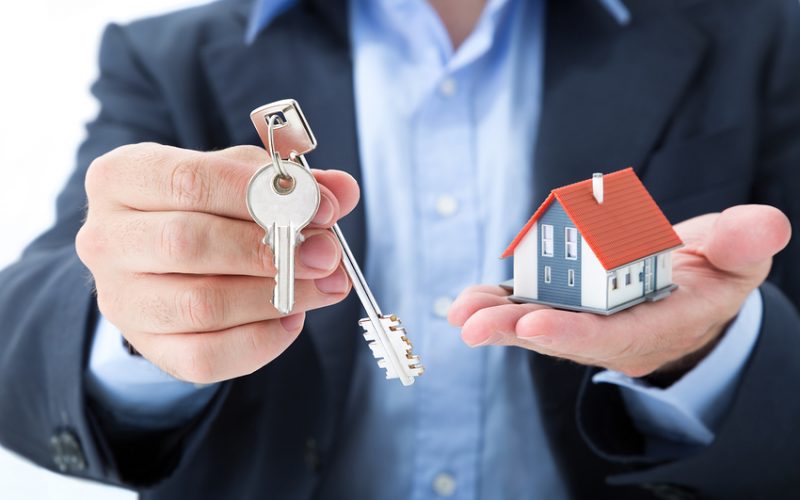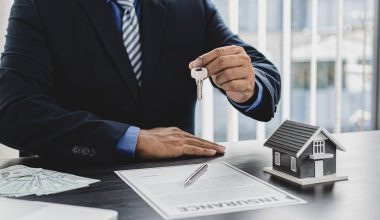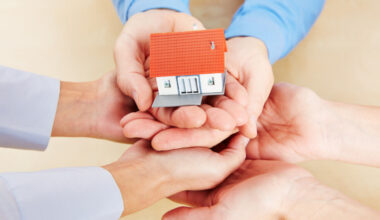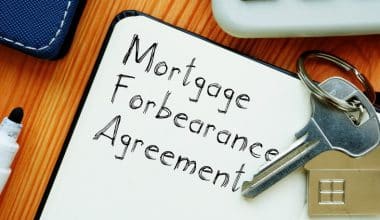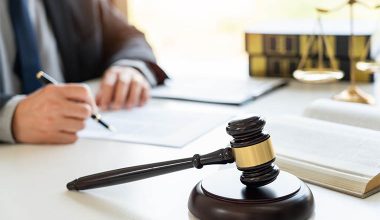There are plenty of aspects of owning a vacation rental that is attractive to investors. From healthy cash flows to tax breaks and large returns, short-term rentals have the potential to outperform traditional long-term rentals.
However, with vacation rentals, there are a lot of risks involved, if not more than a long-term rental property. Since vacation rentals serve as a temporary home for so many different people throughout the year, your house is more susceptible to property damage, stolen items, and lost belongings.
Vacation Rental Damage Is Not As Rare As You Think
One of the best ways to continuously profit off your rental properties is to keep them protected. At the same time, vacation rentals are getting more popular by the second. According to Forbes, vacation rentals are on the rise, which means more and more people will be looking to rent your home. Unfortunately, the more people rent your home, the higher the chance damage occurs.
Of course, as a vacation rental investor, you try to see the good in people and hope that no one intentionally damages your property or steals your belongings. While most people will respect your rental, there are always going to be a few bad eggs out there. Therefore it is essential to take the necessary steps to protect your rental and maintain its value.
Whether you’ve only purchased your first rental property or you have an extensive portfolio of listings for customers to browse, here are seven steps you should take to protect your property from unruly guests.
#1. Collect a Security Deposit
Collecting a security deposit is a great way to show your guests you value the condition of your home. It will also show your guests that you take damages very seriously, and if something were to go wrong, it would come out of their pocket. While this won’t guarantee nothing gets damaged, it will ensure that your guests are aware of the consequences and will more likely follow the rules.
#2. Be Stern and Specific With Your Rules
Aside from setting a security deposit, one of the most important things when it comes to protecting your rental is creating a rental agreement that is both clear and concise. Being stern with your rules lets your guests know you expect your home to be treated. After you establish all of your regulations, state that failure to follow these rules can lead to the forfeit of their security deposit.
#3. Make Sure Your Rental Is Ensured
When it comes to protecting your rental, nothing is more important than investing in a good insurance plan. A proper insurance plan will not only protect you against potential damage but can protect you if a guest were to become accidentally injured in your home.
#4. Don’t Keep Valuables In Your Rental
If you are going to book guests week after week throughout the year, it is essential not to keep any expensive belongings inside of your rental. Walkthrough your home and pay close attention to anything that could easily break and consider moving them. While accidents happen, taking away the possibility of expensive damages is a crucial way to protect your rental.
#5. Screen Your Guests
Another essential step to protecting your vacation home is to screen your guests. Ask them about the size of their guest list and what they plan on doing on vacation. If they plan on throwing a huge party or spending the weekend bar hopping, you may not want to rent to them.
#6. Identify Your Guests
On top of screening your guests, it is essential to verify their identities before agreeing to rent with them. Knowing exactly who you are renting to is a great way to prevent property damage, theft, and fraud.
#7. Don’t Allow Pets
While being pet-friendly is a fantastic way to attract potential guests, it can also come with some serious repercussions. Unfortunately, not at pets are trained the same, and allowing pets on your rental property opens the door for damages.
Protect Your Investment
Owning a successful vacation rental is more than just a business. It is an investment that must be protected. Following these guidelines will not only keep your vacation safe from potential damages but will help you increase your bottom line by limiting expensive repairs.
